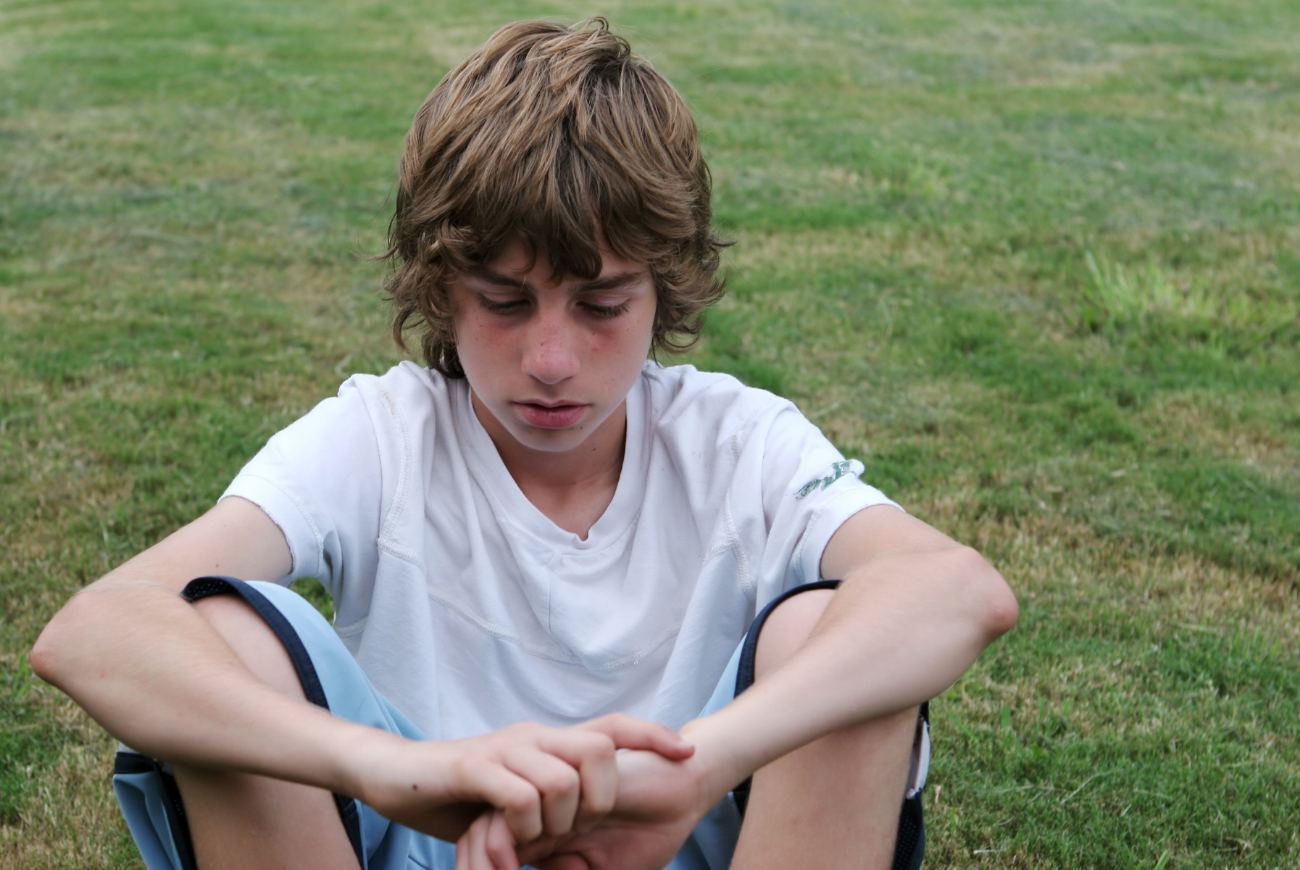
19 Feb How to deal with puberty mood swings
What do you get when you mix an inquisitive young mind with a rapidly changing body and an influx of hormones?
You guessed it. An irritable teenager.
So what causes mood swings in puberty?
First of all, it’s important to know what’s causing these emotional changes.
As your child grows, they are susceptible to a number of mind and body changes – all at the same time. During puberty, young teenage brains develop at a heightened rate, causing them to experience intense emotions.
As the brain develops, teens will likely experience:
- An influx of hormones
- Stress
- Anxiety
At the same time, they’ll experience changes to their body (like acne, growing breasts or a deepening voice) and consequently the way they think of themselves.
This can sometimes lead to:
- Self-esteem issues
- Peer pressure
- Lack of sleep
During these changes, you might also find that they struggle with school work, relationships and conflict in the home.
Unfortunately for us as parents, this is hard to witness.
Some teens cope well with changes brought about by puberty, and some struggle. It’s all dependent on the individual.
How to help your teen deal with mood swings during puberty
The question is, do you intervene? And if so, when?
It’s important to know that your child has never experienced these feelings before, and it might be your job to step in and help them cope.
When approaching your child, be sure to be calm and understanding.
- Listen to their concerns and help them understand why they’re experiencing fluctuating moods
- Don’t bombard them – give them time to come to terms with their emotions
- Work with them to lighten their mood (e.g. take them to the beach or to see a movie)
- Encourage healthy habits like eating and sleeping well
When to seek help
Sometimes it can be difficult to spot the differences between mood swings pre-puberty and mental health issues.
So, when do you seek help?
The answer comes down to three key factors.
- Length of depressive lows
- The severity of depressive lows
- Whether depressive lows are impacting everyday life
If you’re noticing very long stints of depressive behaviour (for 2 weeks or more at a time), expressions of depressive thoughts and difficulty dealing with life demands like schoolwork, you should consult the help of your GP.
Your GP can then refer your child to a mental health professional.
If you found this article helpful, you might also like: How to encourage kids to seek help.



Sorry, the comment form is closed at this time.